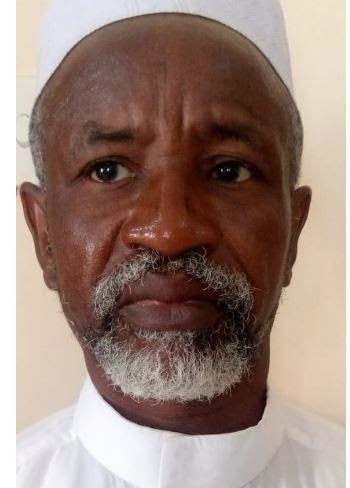Abstract
In the field of education, the increasingly clear separation between the study of language and that of literature raises questions, both pedagogical and related to student guidance. This paper aims to examine the implicit or explicit bias that tends to favor linguistic corpora over literary approaches, as well as the consequences of this hierarchy on teaching practices and student success. We draw on the epistemological premise formulated by Gaston Bachelard (2001), which states that "all knowledge is an answer to a question," to assert that language and literature, though distinct, are two complementary pathways to knowledge. In the Nigerian educational context, this dichotomy manifests in particularly troubling ways: curricular reforms, pedagogical guidelines, and assessment policies increasingly reinforce this division, to the detriment of students’ holistic education. This compartmentalization has significant repercussions on the development of linguistic, cultural, and critical skills; skills that are essential for understanding the contemporary world. In light of concerning failure rates and often inadequate academic guidance, it has become urgent to reconsider the relationship between these two disciplines, as well as the role of the teachers who represent them. Anchored in a clearly pedagogical perspective, this reflection aims to promote an integrated approach that equitably values the contributions of both language and literature. By bringing this issue to light, we hope to raise awareness among teachers, learners, and parents, in order to foster constructive dialogue. Such an approach could lead to improved educational practices, better academic performance, and more informed student orientation.
Keywords: Language, literature, Educational Dichotomy, Pedagogy, Nigeria





